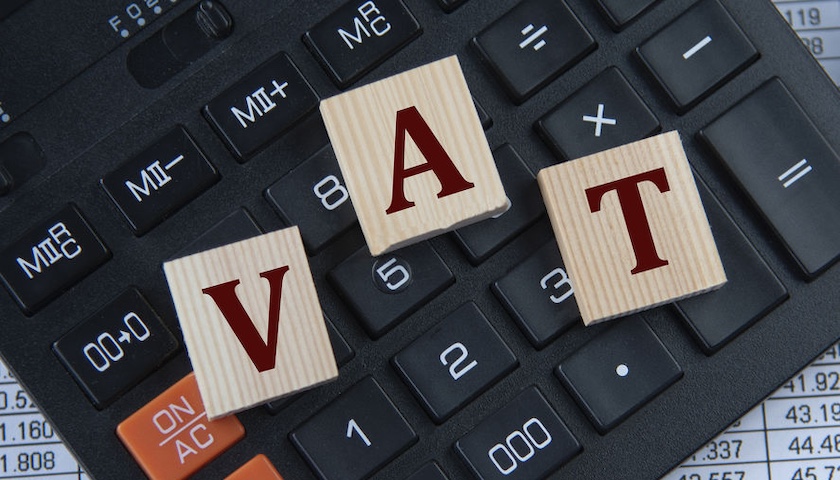You’d think that registering for VAT would be a relatively straightforward process. After all, in most cases, VAT registration means businesses hand over a bigger chunk of their income to the taxman. Despite this, HMRC turned down 17% of VAT registration applications last year. So, if yours was one of them, you’re certainly not alone.
What are the VAT registration figures?
In 2023/4, businesses made 314,000 VAT registration applications. 52,000 of these were turned down by HMRC. Another 1,000 were withdrawn.
Why is HMRC turning down applications?
There are several reasons why HMRC will turn down a VAT registration application.
Firstly, the application may contain inaccurate information. This could be something as simple as an inaccurately entered name or address, or incorrect information about company directors.
Secondly, HMRC sometimes misunderstands applications and erroneously rejects them. This tends to happen when the taxman doesn’t fully understand the applicant’s description of their business activities.
It’s quite possible that HMRC is also exercising caution because it is worried about VAT fraud.
In addition, some businesses will withdraw their VAT registration application for various reasons. Sometimes this happens because a business erroneously believes it has to register, then realises it doesn’t.
Why it’s important to get the application right
If you apply to register for VAT, it can quickly become a nightmare if you get the application wrong.
Currently, HMRC is keen to steer people away from its helplines. Instead it wants taxpayers to find the information they need online, or via the HMRC app.
While this is understandable from a cost-cutting perspective, many businesses will need to speak to an HMRC tax advisor. This is often frustrating: currently it takes an average of 25 minutes to get connected to a VAT officer.
How to make sure your application succeeds
If you want or need to register for VAT, it’s wise to get to grips with the rules first.
In his Spring Budget 2024, Chancellor Jeremy Hunt announced that the VAT registration threshold would go up. Previously set at £85,000, it increased to £90,000 in April 2024.
This means that if your VAT taxable turnover is £90,000 or more, you must register for VAT. You also have to register if you expect your turnover to go over that amount in the next 30 days. VAT taxable turnover is the value of everything you sell that is not exempt from VAT, including zero-rated goods.
Some businesses with smaller turnovers choose to register for VAT. There can be good reasons for doing this. If you pay out more VAT than you charge, the taxman will pay you the difference. Registration can also give your business more credibility.
That said, it’s likely that HMRC will scrutinise voluntary registrations very carefully. VAT registration can be very valuable to fraudsters who can then try and game the system for their own profit.
How THP can help you with VAT registration
If you want or need to register for VAT, it’s a good idea to get your THP accountant involved. They’ll be help you draw up an accurate application and take care of your future VAT returns. By getting your VAT registration application right first time, it can save you major headaches and save you spending large amounts of time on the phone to HMRC.
About Mark Ingle
Owner-manager business specialist, Mark Ingle is key to building relationships with clients at the Chelmsford office. “I like to see clients enterprises grow and succeed.” Mark explains, “The team here has a lot to offer and I can see a lot of new businesses responding to that.”
Having worked for accountancy practices in London and Essex, Mark has worked with a range of companies varying in size. For Mark, THP stands out for its “local firm approach with the resources of a larger practice.”
Although a keen traveller, Mark is focused on giving his clients at THP the highest service, “Right now, I aim to help the clients we have to the best of my ability which will help me attract more of the right clients in the future.”
Mark’s specialist skills:
- Annual and Management Accounts
- Tax and VAT
- Strategy and Business Planning
- Marketing and Sales
- Business Development












